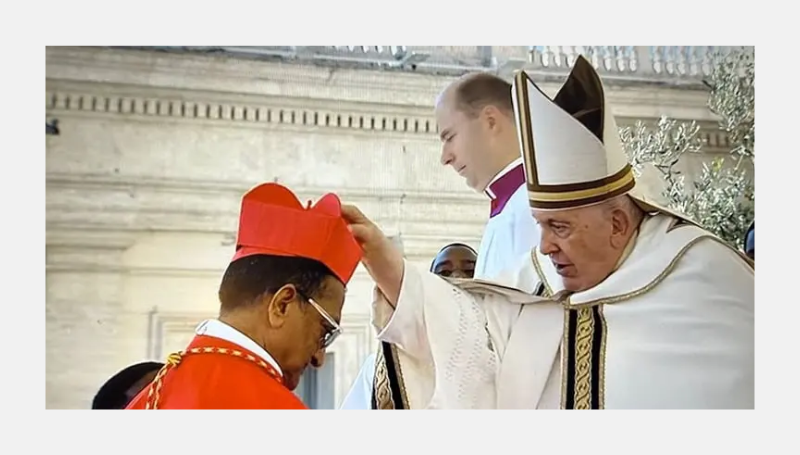Julian Schvindlerman
Times of Israel, Nov. 19, 2024
“It is worth noting that the Italian version of this speech published at the Vatican website contained the word “terrorist” just before “attack,” whereas the English version omitted it. The Pope chose not to name Hamas explicitly, but stated “my condemnation of this act.””
“According to some experts, what is happening in Gaza has the characteristics of a genocide,” Pope Francis says in his book Hope Never Disappoints, co-written with Argentine journalist Hernan Reyes Alcaide, which comes out this week in Italy, Spain and Latin America, and later in other countries. “It should be carefully investigated to determine whether it fits into the technical definition formulated by jurists and international bodies,” he adds. As deplorable as this comment may be, it should surprise no one that the left-leaning and ultra-pacifist Argentine Pope would think -and say- so. An overview of his early statements on the Israel-Hamas war illustrates where the Head of the Vatican stood politically from the beginning.
Pope Francis reacted to the invasion of Israel’s sovereign territory and the subsequent massacre of around 1,200 Israelis, thousands of wounded and more than 250 people kidnapped, mainly with pacifist speeches and generic condemnations of wars. Through his statements, he sought to alleviate the suffering of Palestinian civilians, called for the release of the Israeli hostages, favored reconciliation between the peoples, and hoped to attain a resolution to the conflict. He insistently called to prioritize the well-being of civilians and dreamed of a future free from violence, as he equivocated in facing rhetorically Palestinian Islamic fundamentalism and terror.
Overall, he called for the release of Israeli and foreign hostages captured by Palestinian terrorists and balanced those calls with humanitarian appeals on behalf of Gazan civilians. He did not explicitly condemn Hamas or its actions during the first three months after that fateful 10/7, preferring to make vague allusions, and when he clearly repudiated the brutal attack, he did so without naming Hamas. During this early period, he suggested that Israel was committing war crimes and that it had responded “to terror with terror.”
The tone was set at his first Angelus, delivered in St. Peter’s Square, on October 8. Pope Francis declared:
… [To read the full article, click here]
***


